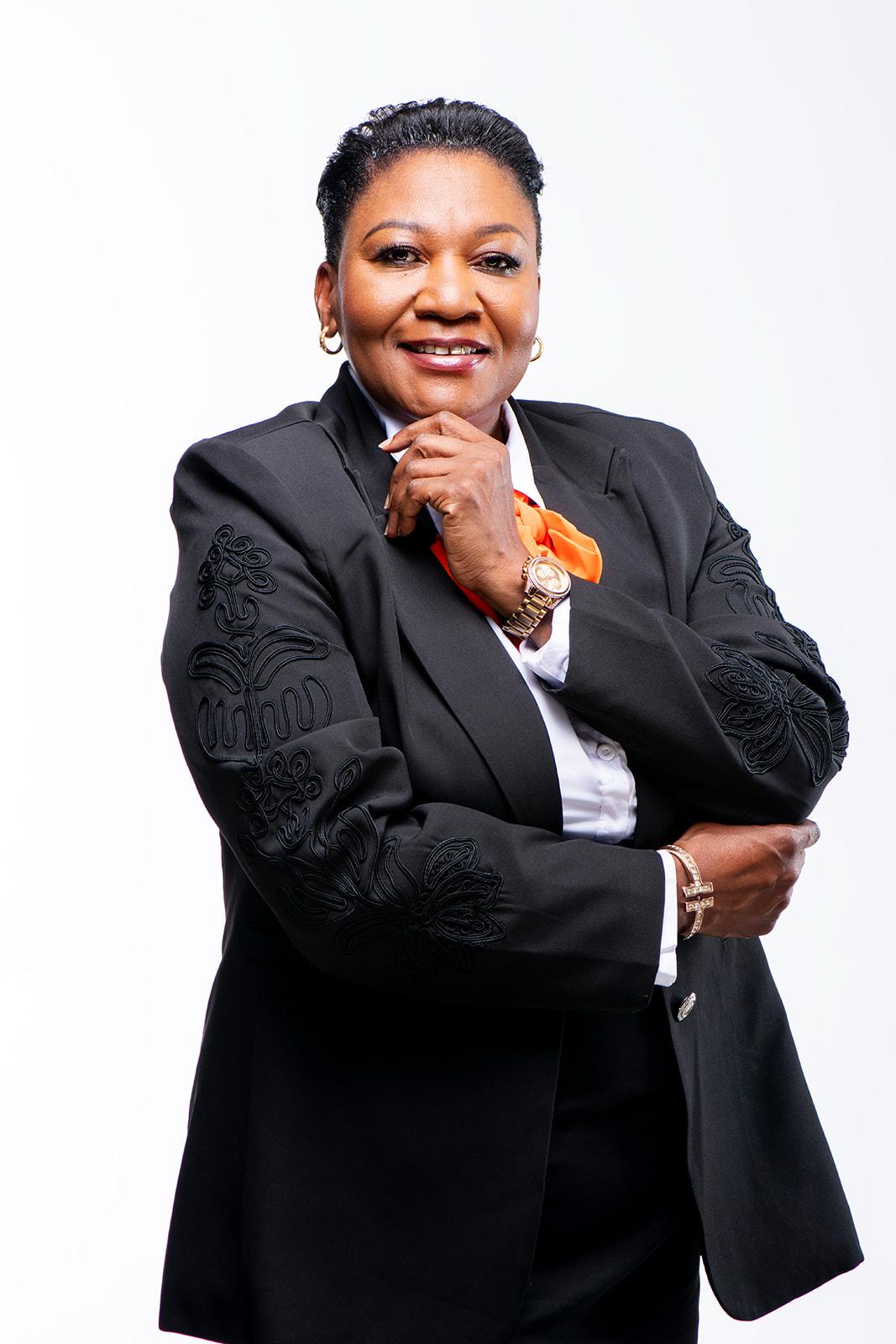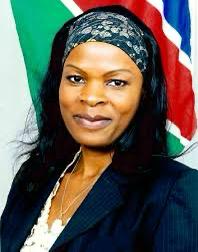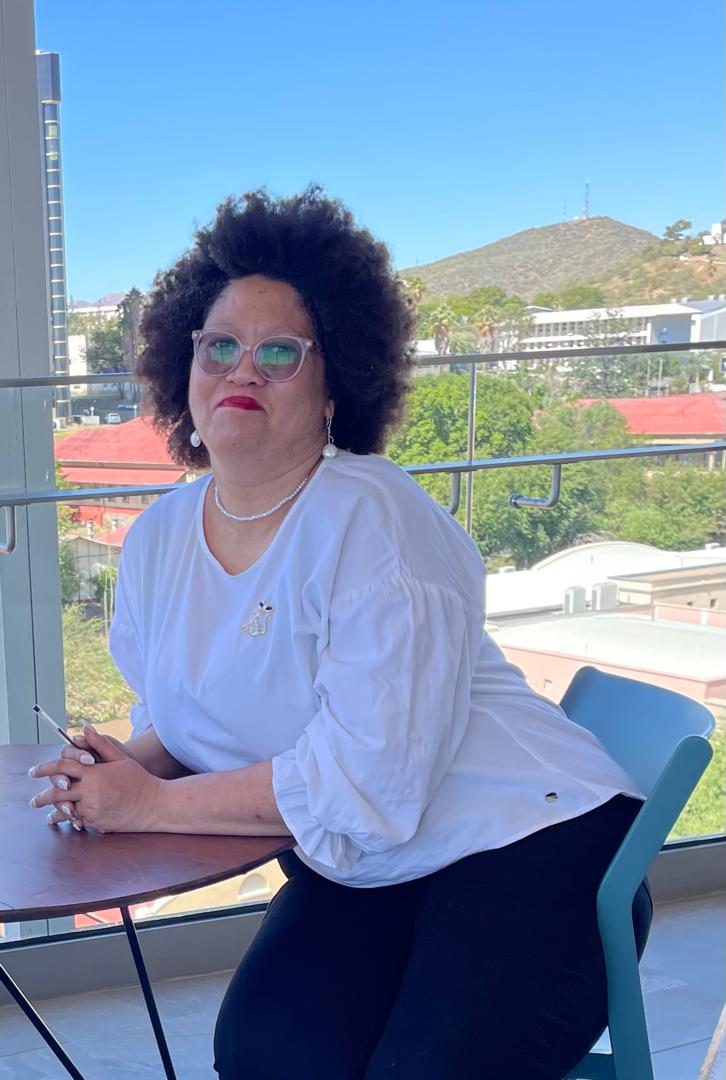… police chief rapped for telling officers to build houses rather than buy iPhones
Namibian Police inspector general Joseph Shikongo has been criticised as looking for attention after saying last week that low-ranking police officers should rather build houses at their village than invest in expensive phones, such as iPhones.
Speaking at a police leadership training at Rundu last week, Shikongo said some police officers complain that they earn too little, while prioritising gambling over buying groceries.
He urged the officers to focus on their needs, instead of their wants.
“An iPhone 16 costs between N$40 000 and N$50 000, or you borrow money from someone to go and celebrate your birthday at Swakopmund. Is that really a need?” Shikongo asked.
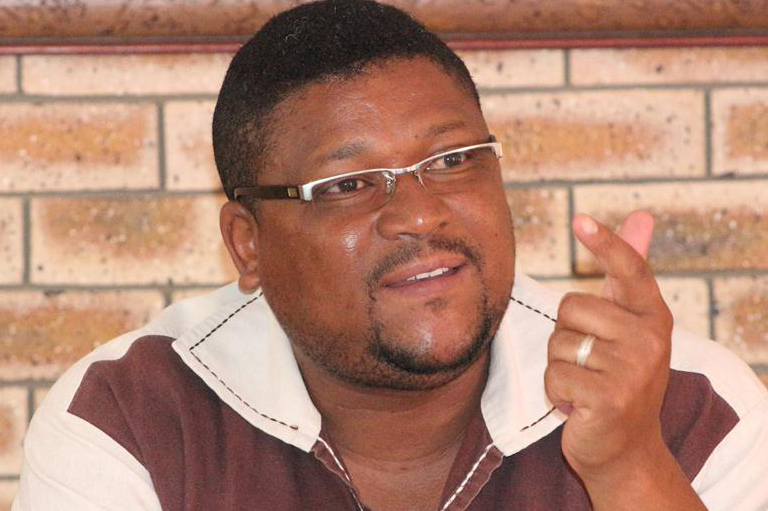
Trade unionist Mahongora Kavihuha says Shikongo’s comments were aimed at grabbing the media’s and public’s attention. “His statement is out of context, especially taking cognisance of his position and the role he is supposed to play in the life of a police officer,” he says.
Kavihuha says financial literacy should be included in police training.
“The Police Act restricting officers from union membership is a violation of their fundamental rights,” he adds.
Social activist Michael Amushelelo says Shikongo is right about the police needing houses at their villages.
He says it is absurd for an officer to own a phone worth N$40 000, without having a room at a village.
However, Amushelelo says this does not only apply to police officers.
“It’s a nationwide crisis, seeing that most of our people are not taught basic financial literacy,” he says.
“For a very long time I have championed that police officers need to be paid living wages similar to the salary scale being paid to Windhoek City Police officers. “I have seen the payslips of a constable working for Windhoek City Police. They earn about N$50 000 and after deductions they take home N$25 000,” he says.
According to Amushelelo, a constable working for the Namibian Police earns about N$12 500 and after deductions takes home about N$7 500.
“You will realise that it is mostly only Namibian Police officers who are always being caught for committing bribery, because they are so poorly paid that they will even accept a N$200 bribe to make a docket disappear,” he says.
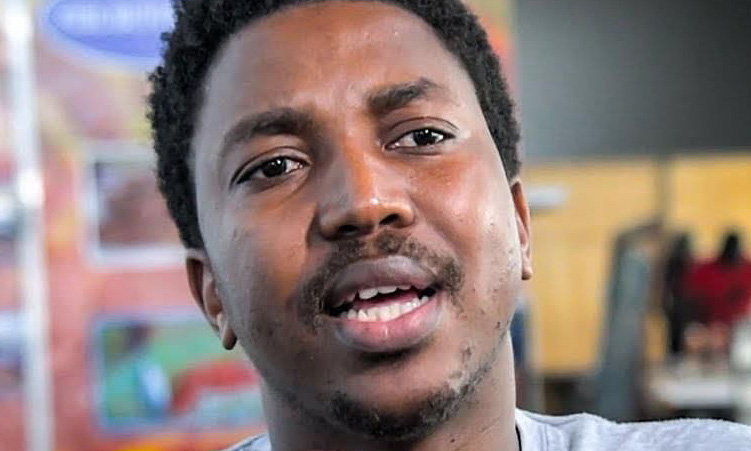
Parliamentarian Maximiliant Katjimune says the sentiments of the inspector general were unfortunate, because junior members of the security cluster are indeed underpaid.
“We need to drastically look into the issue of raising the wages of junior police officers in particular and the entire police force in general,” he says.
“Those tasked with protecting the nation should be adequately compensated. Furthermore, the government must look into the issue of the dilapidated police barracks,” he says.
United People’s Movement president Jan van Wyk proposes that the salary structure of police officers are reformed.
He says there should be a structure that places junior police officers in the same range as police officers in the Southern African Development Community, benchmarking South Africa.
Van Wyk says a junior officer in South Africa receives a minimum basic salary of R18 000 per month.
“Trans-border crime syndicates can easily identify weak spots (police officers) and junior officers at strategic points could easily become victims of trans-border crime,” he says.
Minister of home affairs, immigration, safety and security Albert Kawana yesterday said he was not at the office and would respond once he was back.
Stay informed with The Namibian – your source for credible journalism. Get in-depth reporting and opinions for
only N$85 a month. Invest in journalism, invest in democracy –
Subscribe Now!







